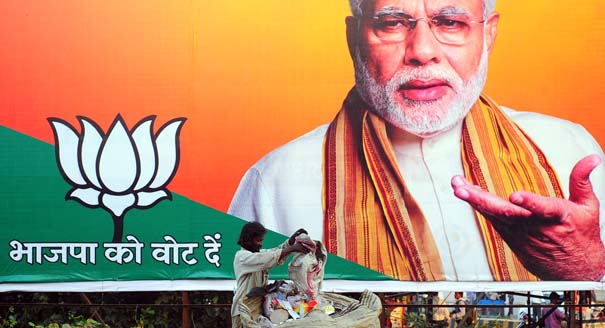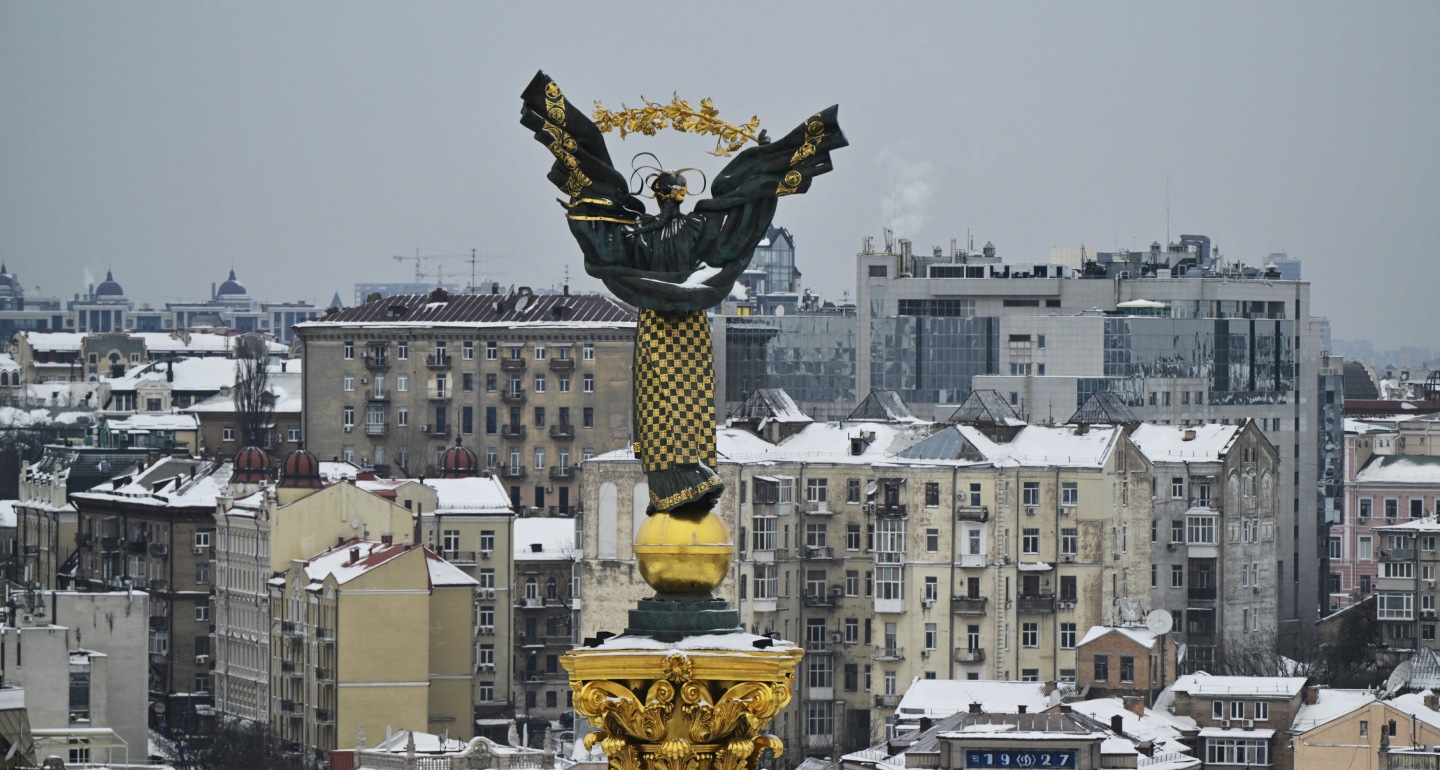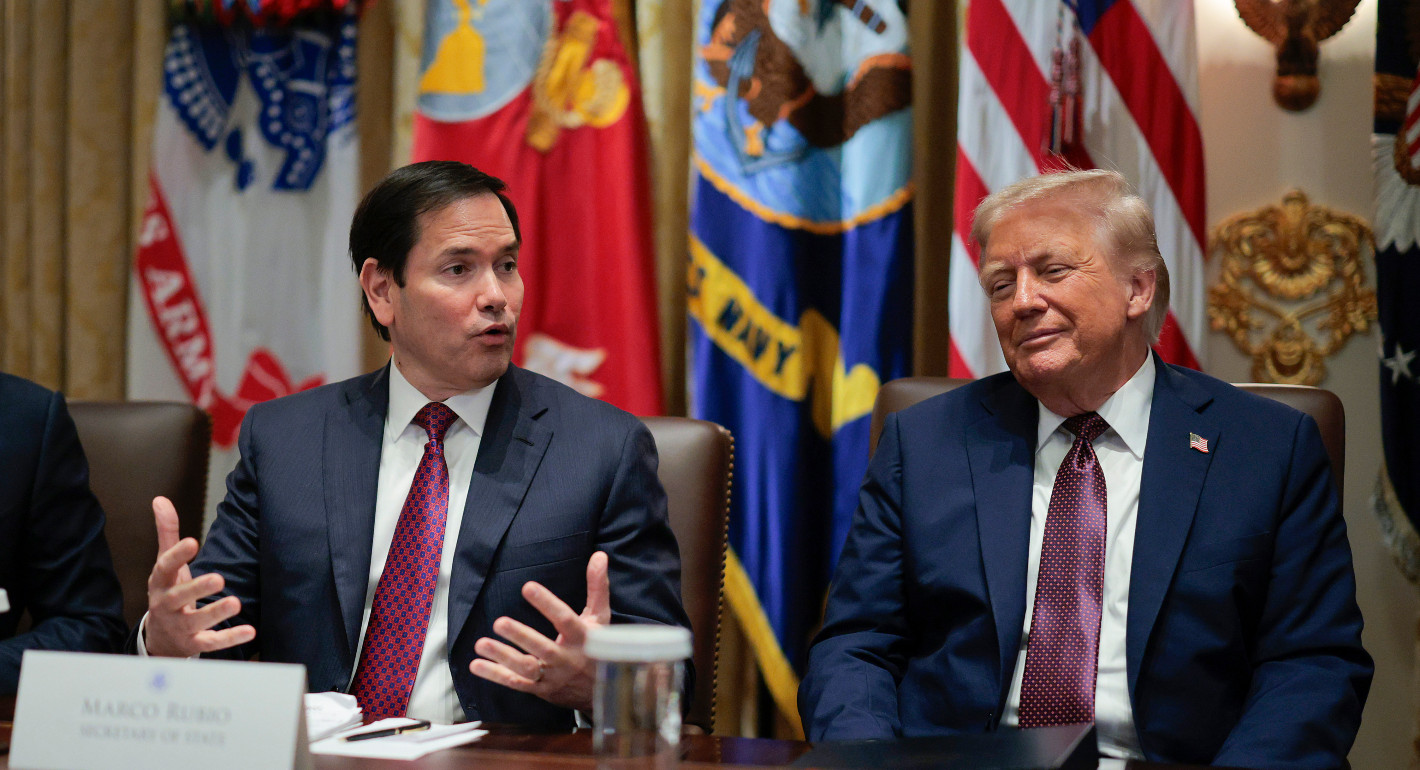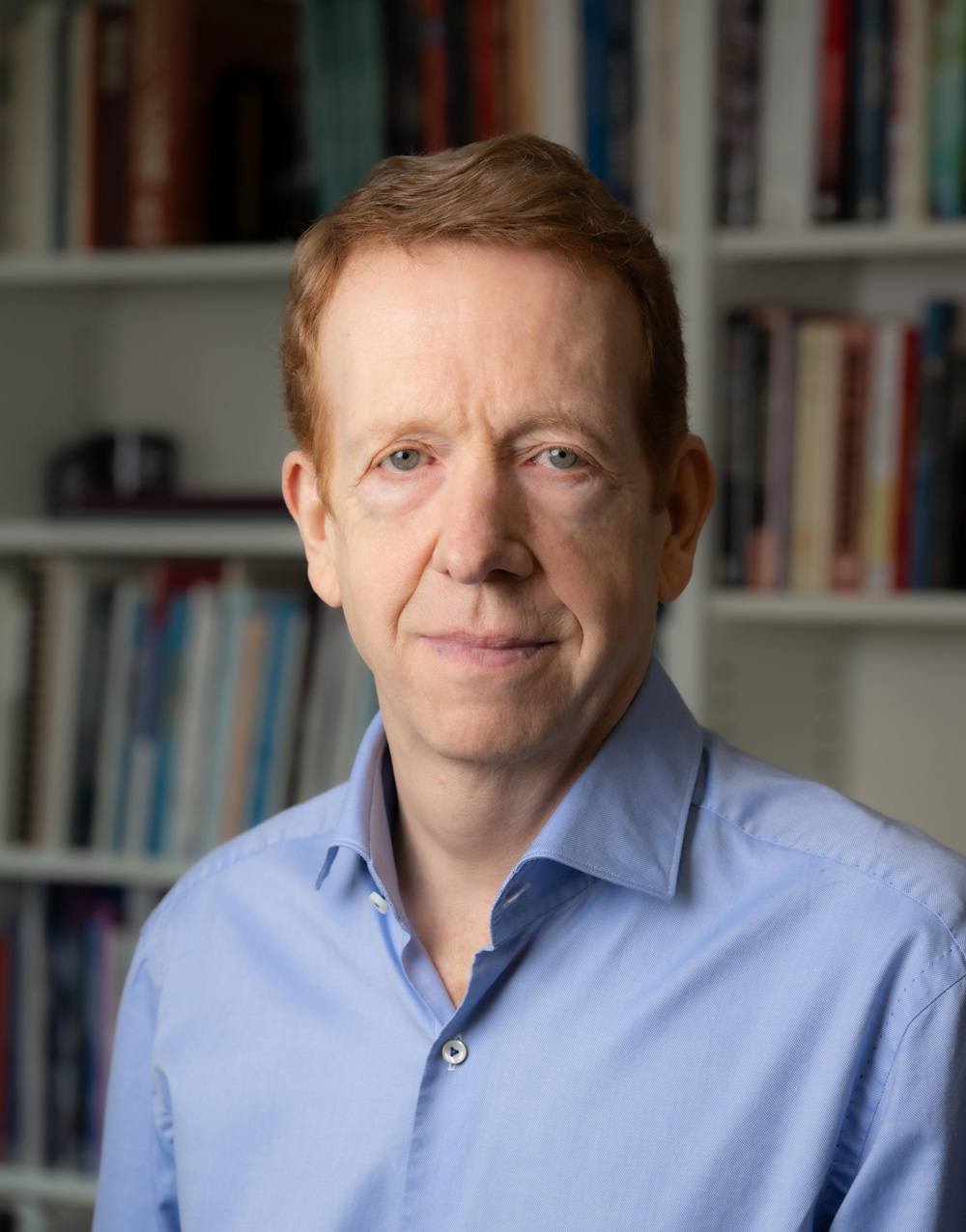- +4
Milan Vaishnav, Rahul Verma, Rukmini S., …
{
"authors": [
"Christophe Jaffrelot"
],
"type": "other",
"centerAffiliationAll": "dc",
"centers": [
"Carnegie Endowment for International Peace"
],
"collections": [],
"englishNewsletterAll": "",
"nonEnglishNewsletterAll": "",
"primaryCenter": "Carnegie Endowment for International Peace",
"programAffiliation": "SAP",
"programs": [
"South Asia"
],
"projects": [],
"regions": [
"South Asia",
"India"
],
"topics": [
"Political Reform",
"Democracy"
]
}
Source: Getty
Gujarat Polls Might Herald Return of Coalition Politics
2019 may witness the return of coalition politics in India.
Source: Hindu
Following his election trip to Gujarat, a State that he has visited many times, acclaimed French political scientist and South Asia specialist Christophe Jaffrelot, a research director at CERI, Sciences Po (a French social sciences institute in Paris) and Professor at the King’s College India Institute, London, spoke to The Hindu, on the poll results.
What are the key differences between earlier Gujarat elections and the current one?
There are many trends of the past, which have continued. For instance, the urban-rural divide… it was there and is merely accentuated [now]. It was particularly strong in Saurashtra of course and it made a lot of difference. First time, since Narendra Modi took over, BJP lost Saurashtra because of the rural voters.
Do you think the Patel mobilisation pushed other communities towards the BJP, away from the Congress?
Not in the rural areas. I think, Dalits were behind the Congress much more significantly this time. The Congress won a large number of reserved seats [for Scheduled Castes]. The party had two [SC seats] earlier, but now they are seven, if you add Jignesh Mevani; same thing with the OBCs... We can’t also conclude that Patidars pushed OBCs to the BJP as it is not corroborated by distribution of tickets in the Congress. The OBCs received many more tickets than Patels. I think, this caste arithmetic is not as sharp as the urban-rural divide and Patidars were also divided according to this [urban-rural] divide.
Why is there such a sharp urban-rural divide?
There are two factors. Firstly, the BJP’s support base is traditionally urban, upper caste and middle class. This has influenced the BJP’s policies which were not in favour of the peasants, especially the MSPs [Minimum Support Price] for cotton, ground nut etc. The BJP kept food prices low in the cities to take care of their voters and therefore they did not pay the right price to peasants. That is something that peasants at large, and Patidars in particular, resented. The other factor is joblessness, a big problem in India at large but in Gujarat in particular... There is significant economic growth but without jobs, which is largely due to Gujarat Model [of development]. This model is based upon attracting big companies. The Adanis, the Ambanis, the Tatas — you name one and they are there — set up big factories, deep sea ports, thermal plants, refineries etc. By definition [such projects] do not create many jobs, besides these industrialists can automatise as they are big. SMEs [Small and Medium-sized Enterprises] would create more jobs but they are collateral casualties of the priority given to the big players.
That has annoyed the Patels, who are entrepreneurs in the rural areas too. Those who had to leave their village with little education or no English medium background, could not find a good job easily. They have suffered of a decline in status... they are kind of underdogs in the cities. These two factors explain why rural and r-urban — and this ‘r-urban’ is very important in Gujarat because you do not know when the city ends and the village begins — voters went against the BJP, largely.
But the BJP has done well. Firstly, winning an election, being in power for 22 years, is not easy. Besides BJP’s vote percentage improved...
It is difficult to extrapolate in terms of voting percentage. Mr. Modi won with 31% votes in 2014. It is not only how many votes you get that matters, but where the votes are concentrated — and the BJPs’ votes are concentrated in the cities. Now they have to ask if this is sustainable: can they rule Gujarat by being an urban party only? Thus, both the parties have a problem now: BJP will have to return to the villages, while Congress needs to penetrate cities.
Your earlier pieces discussed about impact of GST and demonetisation on traders and urban voters. But did it finally work against the BJP?
To understand this, you have to factor in identity politics. Probably till the last two or three weeks — till Mr. Modi jumped in — merchants and traders of Surat were ready to vote against the BJP or abstain. Surat is important because of diamond barons and traders. Mr. Modi stormed Gujarat and articulated the traditional Gujarati version of Hindu nationalist rhetoric. He claimed that he is the son of the soil while Rahul Gandhi was an outsider who could not speak the language and Manmohan Singh the interlocutor of Pakistanis...such things and Gujrati asmita [pride] in particular are still working.
Now about Rahul Gandhi — he visited temple after temple, not a word about the Muslim killings — is this the ‘new’ Congress?
You need to take a more balanced view. Mr. Gandhi has certainly done what you are saying but he also let Shankersinh Vaghela go only a few months back. Mr. Vaghela was an RSS man at the helm of the Congress in Gujarat for years. That said this “soft Hindutva” shows in today's India at large and Gujarat in particular; secularism disqualifies you at the outset. The question is: is this move only tactical or is it an agenda to be followed till 2019?
What do you think?
It is too early to comment. But it is not only about the BJP, it’s about the whole of Indian society. Is it going the ethno-nationalist way? Look at judiciary or the media… This issue is larger than the BJP. A cause for concern.
But not naming Muslims helped Congress...
Exactly. This is India.
Much is said about vote machinery of the BJP and the Congress. How are they different?
BJP has in its disposal huge network of activists at the local level, and [they are] well organised because of the RSS. Then [there is] Amit Shah’s expertise in this domain. Secondly, financial resource of the BJP is much more than other parties. These two things go together as you mobilise more activists if you can pay them well. That said, in 21st century an election campaign is very much based on social media and direct communication of the leader. The Congress and Mr. Gandhi improved their performance on these two counts.
Will this have an impact on forthcoming State polls?
I think it will. Firstly, the Congress has a leader, at last. Secondly, this moral victory may attract supporters. Thirdly, the Congress people may forget their differences to come together. Like [Ashok] Gehlot and [Sachin] Pilot in Rajasthan. Moreover, State parties will probably start thinking of the Congress as a potential leader of coalition politics. And 2019 may witness the return of coalition politics in India... In retrospect the Gujarat polls could be described as a milestone that has set the scene.
About the Author

Former Nonresident Scholar, South Asia Program
Jaffrelot’s core research focuses on theories of nationalism and democracy, mobilization of the lower castes and Dalits (ex-untouchables) in India, the Hindu nationalist movement, and ethnic conflicts in Pakistan.
- The BJP in Power: Indian Democracy and Religious NationalismResearch
- Ceasefire Violations in Kashmir: A War by Other Means?Article
Christophe Jaffrelot
Recent Work
Carnegie does not take institutional positions on public policy issues; the views represented herein are those of the author(s) and do not necessarily reflect the views of Carnegie, its staff, or its trustees.
More Work from Carnegie Endowment for International Peace
- The Kremlin Is Destroying Its Own System of Coerced VotingCommentary
The use of technology to mobilize Russians to vote—a system tied to the relative material well-being of the electorate, its high dependence on the state, and a far-reaching system of digital control—is breaking down.
Andrey Pertsev
- Indian Americans Still Lean Left. Just Not as Reliably.Commentary
New data from the 2026 Indian American Attitudes Survey show that Democratic support has not fully rebounded from 2020.
- +1
Sumitra Badrinathan, Devesh Kapur, Andy Robaina, …
- New Approaches to Defending Global Civil SocietyResearch
New thinking is needed on how global civil society can be protected. In an era of major-power rivalry, competitive geopolitics, and security primacy, civil society is in danger of getting squeezed – in some countries, almost entirely out of existence.
Richard Youngs, ed., Elene Panchulidze, ed.
- Notes From Kyiv: Is Ukraine Preparing for Elections?Commentary
As discussions about settlement and elections move from speculation to preparation, Kyiv will have to manage not only the battlefield, but also the terms of political transition. The thaw will not resolve underlying tensions; it will only expose them more clearly.
Balázs Jarábik
- The Trump Administration’s Tangled Talk About Democracy AbroadArticle
How significant are statements by senior U.S. officials about supporting democracy abroad in the context of a foreign policy led by a president focused on near-term transactional interests?
Thomas Carothers, McKenzie Carrier














